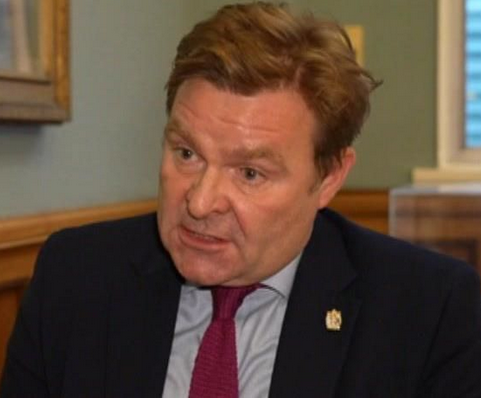The Environment Committee of the European Parliament has confirmed, with an overall majority, a political deal with Council to cap the use of first generation biofuels. This vote concludes over 5 years of political wheeling and dealing on the pros and cons of biofuels. The deal is now two rubber-stamping exercises away from becoming legislation: first by the overall EP plenary and second by the Council of ministers. This is expected to happen in April and May.
Trees Robijns states: “The deal voted here today is far from perfect, but one should not be mistaken about the clear message behind it: This is the beginning of the end for first generation biofuels: Europe is capping them because people can no longer afford to have them as part of the future, be it from a climatic, environmental or social perspective. For the first time, all emissions – both direct and indirect – will require reporting so that European citizens are aware of the full impacts. This reporting can be used to inform future policies on renewables especially in the context of the 2030 Climate and Energy Package.”
Despite early warnings by NGOs about the fundamental unsustainability of crop based biofuels, policy makers have indulged in funding this new, falsely sustainable, booming sector. And the direct and indirect effects have been telling: a global increase of demand for agricultural land resulting in forests being cut down and converted into palm oil plantations, and grassland being ploughed to produce rapeseed and maize. The climatic, biodiversity and social effects of this biofuels bonanza have been too large.
This demand for crop based biofuels, largely triggered by tax breaks and blending mandates, has attracted huge investments and displaced food production or natural habitats. From the field to the tank, the naïve dream of feeding our SUVs and trucks with colourful flowers, seeds and “greenery” has revealed its fallacious nature.
“Today”, as Trees Robijns explains, “Europe turns its back to unsustainable biofuels and moves forward. This message should be clear across the planet for policy makers and investors alike. Second generation industry should be careful to draw lessons from this. Renewables must be sustainable, whether it is called bio, advanced or second generation. BirdLife hopes that policy makers will use this vote to be taken as the beginning of a more sustainable future for all bioenergy.”
















